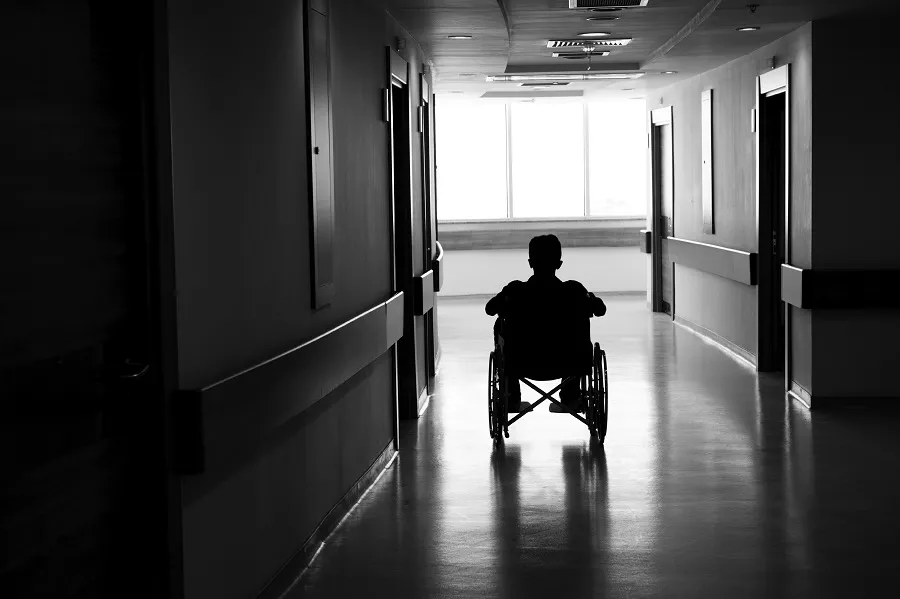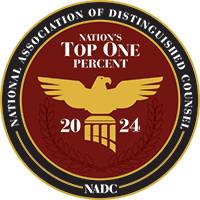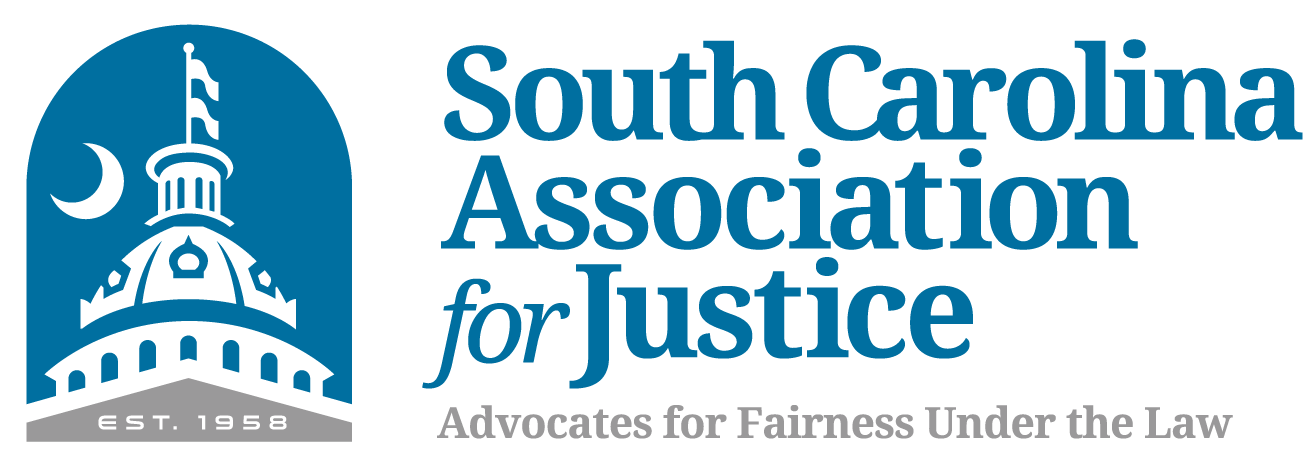Abuse of the elderly is a real and growing issue as America is increasingly becoming an aging nation. The US Census Bureau expects that “By 2030, all baby boomers will be older than age 65. This will expand the size of the older population so that 1 in every 5 residents will be retirement age.” (Census.gov)
Older Americans are among the easiest targets for abuse. Around 1 in 10 elderly Americans is reported to be abused every year. This number is probably higher since some cases go unreported for one reason or another. (OVC.OJP.gov)
It’s important for us all to understand what elder abuse is and how to recognize it. We also need to know how we can help prevent it.
What constitutes abuse of the elderly?
Abuse of the elderly can happen anywhere: at home, in nursing homes and in other care facilities. It can come in many forms:
- Physical Abuse
- Sexual Abuse
- Emotional Abuse
- Financial/Material Exploitation
- Confinement
- Neglect
- Abandonment
(APA.org)
What are the warning signs of abuse of the elderly?
- “Physical abuse, neglect, or mistreatment: Bruises, pressure marks, broken bones, abrasions, burns
- Emotional abuse: Unexplained withdrawal from normal activities, a sudden change in alertness, or unusual depression; strained or tense relationships; frequent arguments between the caregiver and older adult
- Financial abuse: Sudden changes in financial situations
- Neglect: Bedsores, unattended medical needs, poor hygiene, unusual weight loss
- Verbal or emotional abuse: Belittling, threats, or other uses of power and control by individuals”
(NCOA.org)
Long-term effects of elder abuse
Physical wounds usually heal with time. But abuse can cause other problems as well, such as:
- Early death
- Harm to physical and mental health
- Destruction of social and/or family ties
- Financial loss
- Fear and depression
(NIA.NIH.gov)
How can the elderly prevent being abused?
- Take care of your health.
- Seek professional help for drug and alcohol abuse, and depression concerns. Urge family members to get help for these issues as well.
- Plan for your own future: A power or attorney or living will help you address health care decisions in advance, to avoid family problems and/or confusion later.
- Stay active; stay connected with family and friends to decrease social isolation.
- Post and open your own mail.
- Do not give personal information over the phone.
- Use direct deposit for any checks you receive.
- Have your own phone.
- Make sure your will is up to date.
- Know your rights.
(NCOA.org)
SC elder abuse protections
Although all states recognize abuse of the elderly as a growing issue, many are not fighting hard enough to stop it. WalletHub compared the 50 states and DC and ranked how we are doing at preventing elder abuse across three dimensions: Prevalence, Resources, and Protection. #1 being the best, and #51 being the worst. Unfortunately, South Carolina ranked 48th out of 51, behind Montana, Utah and California.
Per the 2023 WalletHub study, here is the data for SC – Elder abuse protections in SC (1=Best; 51=Worst.):
48th – Overall Rank
Tied for last place with California and Nevada – Prevalence (Elder-Abuse, Gross-Neglect & Exploitation Complaints)
19th – Resources (Expenditures on elder-abuse prevention and Long-term care ombudsmen-program funding)
36th – Protection (Eldercare organizations & services, Certified volunteer ombudsmen, and Nursing-homes quality)
Protection for the Elderly – What can we do to help?
There are several ways to help protect the elderly from abuse. First, it’s important to stay connected with older adults in your life and check on them regularly. This can help you notice any signs of abuse or neglect early on. Educating yourself and others about the signs of elder abuse and how to report it is also crucial. Additionally, supporting policies and programs that provide resources and protection for the elderly can make a big difference in preventing abuse.
Elderly abuse reporting
If you suspect that an elderly person is being abused, it’s crucial to report it as soon as possible. You can start by contacting local authorities or adult protective services in your area. They are trained to investigate and address cases of elder abuse. It’s important to provide as much information as possible when reporting, such as the name of the elderly person, their location, and the type of abuse you suspect. Remember, it’s better to report and be wrong than to stay silent and allow the abuse to continue.
For information on reporting elderly abuse in South Carolina, go to the SC Department of Social Services adult protection services website. Adult protective services can also suggest support groups and counseling to help the abused person.
What happens when you report elder abuse?
When you report elder abuse, authorities will take steps to investigate the situation. This may include visiting the elderly person’s home, talking to them and their caregivers, and gathering evidence. If the abuse is confirmed, they will take action to protect the elderly person, which might involve providing them with medical care, legal assistance, or finding them a safer place to live. The goal is to ensure their safety and well-being.
Abuse of the elderly is a problem that we all need to be aware of and work together to prevent. By staying informed, reporting suspicions of abuse, and supporting the elderly in our communities, we can help protect some of our most vulnerable citizens and ensure they live their later years with dignity and respect.
For more information: ACL.gov.
Contact David L. Hood if You Suspect Your Elderly Loved One is Being Abused
If your elderly loved one lives in a nursing home and you suspect abuse, or if you suspect abuse by another caregiver, please schedule a free consultation with attorney David L. Hood by calling (843) 491-6025 or filling out our brief online contact form
We know how difficult it can be to deal with elder abuse and the untold pain and suffering it causes. At The Law Offices of David L. Hood, we work hard to protect your rights and make things simple for you and your family. After a free case evaluation, if we believe we can help, attorney David L. Hood, co-counsel, and our team of experts will vigorously pursue your case to get you the best result we can achieve. Let us put years of experience to work for you!
Other online resources used for this article: InvestmentNews.com





